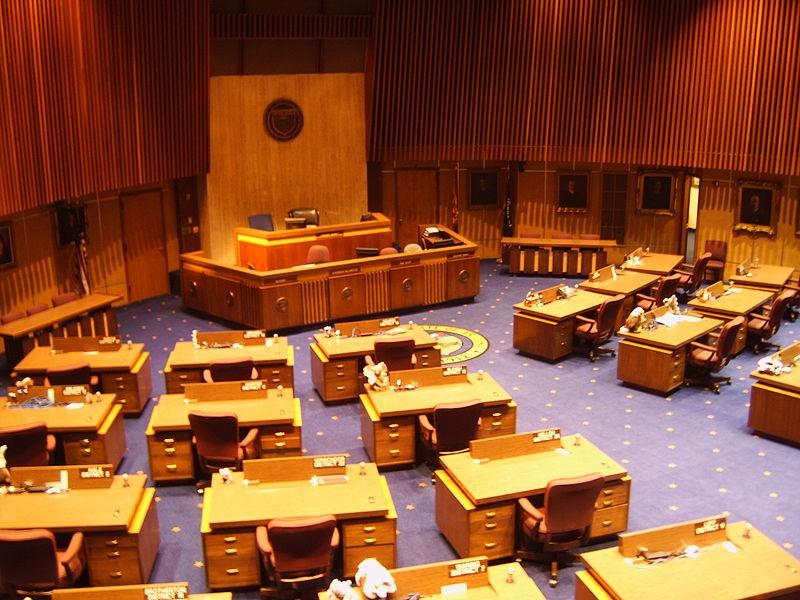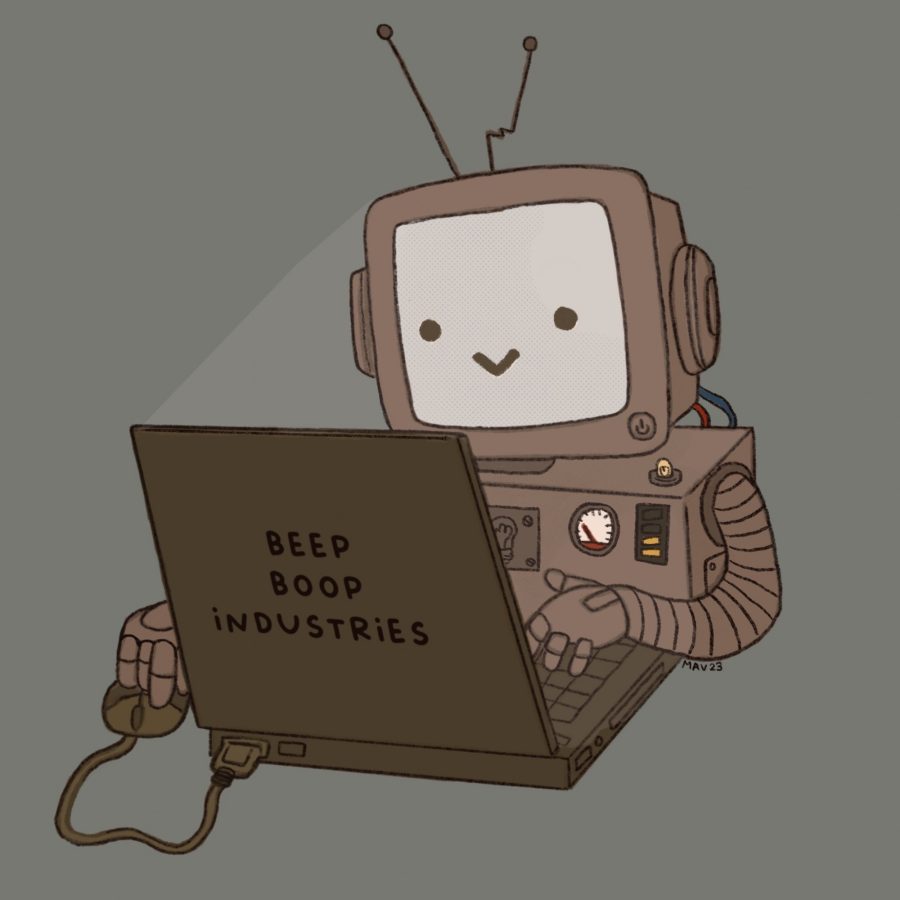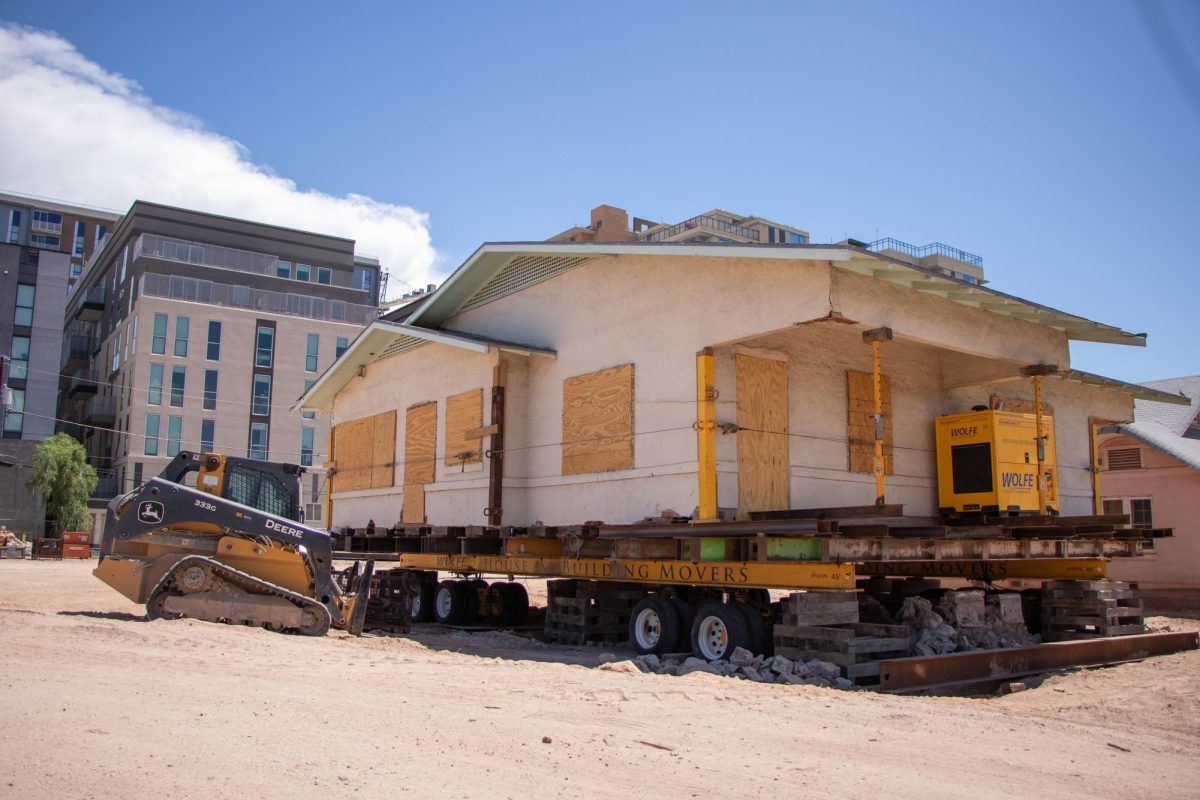HB 2120 proposes a ban on ethnic studies at the university level. Yes, this bill attempts to ban a specific area of study at universities, a place where students pay tuition to study whatever the hell they want. Now, I am aware that the state funds public universities, but what does outright banning certain elements of our education say about us as a state, and as students?
HB 2120 is an extension to HB 2281, a law that was passed in 2010. This law proposed banning K-12 classes that “promote the overthrow of the U.S. government, promote resentment toward a race or class of people, are designed primarily for pupils of one ethnic group, or advocate ethnic solidarity.”
HB 2281 passed when I was in high school, banning all ethnic studies from being taught throughout the Tucson Unified School District. While no ethnic studies classes were offered at my high school, I learned a lot about the politics behind the education system when I watched as those classes were banned completely. It’s been interesting to see this directly affect me in high school and it is surreal to have it once again chase me into my college career.
RELATED: Make the Grand Canyon grand again
While there are no classes I’ve taken during my undergrad career that promote the overthrow of the government, there have definitely been classes that focus on explaining history with a specific ethnic group as a lens. Why is banning the ability to learn these experiences, stories and accomplishments so necessary to our state’s government? Why is there an assumption that teaching ethnic studies automatically leads to rebellion and revolt? Is this implying that teaching ethnic studies and different viewpoints on history shows unforgivable injustices done against different ethnicities? Injustices that are so powerful and wrong that they must inspire people to revolt? Is the Arizona government acknowledging the injustices by refusing to instruct and teach them?
Why is it necessary to only teach one side of the story? America is composed of thousands of groups of different people, people who do not particularly identify with the history told of the land in which they live. Sure, we know how American history developed after it was settled by Europeans. We see most American history through the lens of the European perspective. But why can’t we focus on learning about what happened in this area before Europeans arrived? Why can’t we see a different perspective of what was happening during colonization, during the Civil War, during the Great Depression? We are being taught a specific viewpoint, a specific ideology. I thought university was about dropping one-sidedness and learning the full spectrum of history, society and people.
Universities thrive to discover more, to search deeper and further into the unknown. We think that by attending and working at a university, we’re becoming exposed to new ways of thought that we previously may not have encountered. We think that we’re encountering a new realm of study in universities. What would the passing of this law do to our institution? What would this law say about our state and how we choose to educate ourselves? What does this law say about what we want others to learn about? What would we be signaling to hundreds of students who have spent four years studying the very things that are now trying to be blocked or banned? Was their time studying worthless? Should they have dedicated their time to studying something perceived as “more useful” or up to society’s standards?
RELATED: Diary of a mad brown student: Racism in Disney World
There are structures set up throughout a university that already minimize and degrade the importance of ethnic studies, the arts and other non-science related fields. Allowing this bill to become law only further perpetuates this sentiment. How would we react if chemistry was no longer allowed to be taught or if engineering was to be banned? Banning one type of study is as bad as banning any field. We should not allow this type of educational censorship to continue to pervade in our state and our country.
This ban imposes on our freedom as students. This ban proposes the idea that there are areas of reasonable and scientific study that should be banned from our universities and as a result, obliterated from society or from our general consciousness. It should be the goal of every student to stop this bill from becoming reality. Ask yourself: what can you do?
Follow Julian Cardenas on Twitter









